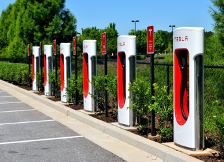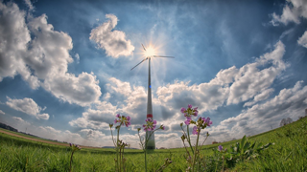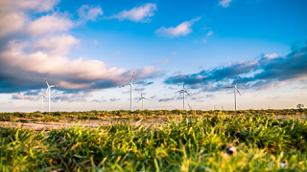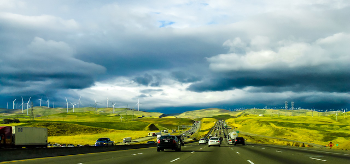Donations Help Plant 20 Million Trees!
Carbon offsetting has been experiencing growing attention of late, as bigger online personalities have become involved with initiatives to restore green spaces.
One of the most ambitious recently has been the collaboration of YouTuber Mr. Beast and Team Trees to plant 20 million trees with donations from followers. This is also something close to heart here at Utility Trade Group as we recently announced our own carbon offsetting project, and something we fully support as a renewable energy provider.
Ministers within England have recently launched a consultation on exploring ways to meet their pledge of trebling current planting levels in a bid to cover at least 30,000 hectares a year by 2025 or the equivalent of 30 million new trees each year. There are challenges to overcome, as it isn’t simply just planting a host of trees here and there – it is hoped that the right tree can be planted in the right place.
To support this, the government is now asking the public and other interested parties, such as landowners, to get more involved with the process – asking how best to achieve its aims with a view to publishing a new strategy for tree planting within the country later this year.
There are four key points this consultation focuses on:
- How to accelerate the tree planting strategy to combat climate change
- How to improvement the management and protection of existing green areas such as woodlands
- How to further connect people to nature
- How to enhance to role in which trees and woodlands support the economy
The recommendation to increase total UK woodland cover from the current 13% to a minimum of 17% in 2050 may also be accelerated, with the recent race to zero initiative launched within Europe. Furthermore, the UK government have mentioned that this will be fast tracked alongside working closely with administrations in both Scotland and Wales which are planting an additional 10,000 and 2,00 hectares respectively of woodland each year too. In order to support this, an additional £640m of funding had been announced for March’s Budget for Nature for Climate fund.
To find out more about carbon offsetting projects for personal or commercial purposes, or to explore ways in which you can reduce your own carbon footprint, get in touch with us today and explore how you can do your part in reaching our net zero goals.



















